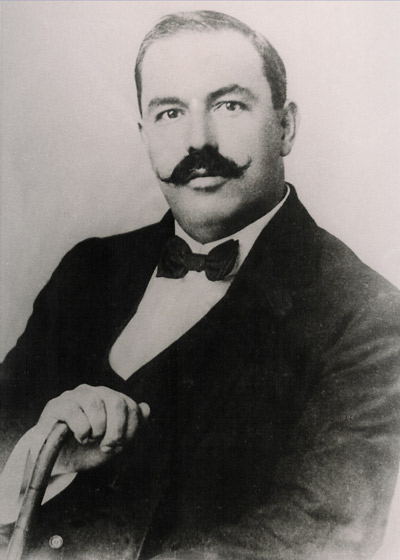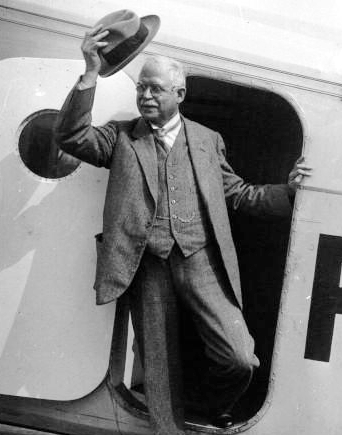Maltese Internees In Uganda – Malta’s Darkest Hour

If you think the PL-PN rivalry is fierce, strap in. During WW2, the Constitutionalist Party accused members of the Partito Nazionale of conspiring with Mussolini.
Was Strickland onto something, or was it just a ploy to get rid of his main political rival Enrico Mizzi? In today’s post, we recount one of the darkest chapters in Malta’s political history.
Old rivals
Before WW2, Malta had been characterised by a fierce political rivalry. On one side was the pro-British Constitutionalist Party, led by Gerald Strickland.
On the other was the pro-Italian Nationalist Party, led by Enrico Mizzi, who believed that the Italian language and culture were the only way to improve a neglected Maltese society.
Of traitors and quislings
In 1939, Britain passed a law to detain persons believed to be enemies of the state; potential traitors known as “quislings”.
This was primarily directed toward members of Oswald Mosley’s British Union of Fascists who were very close to Mussolini and Hitler, Britain’s enemies.
In Malta, Strickland’s Party held a majority in the Maltese Council of Government. A staunch imperialist, Strickland was well-liked by the British authorities.
Together with his daughter Mabel, he also ran the Times of Malta, which was used to launch repeated attacks against the pro-Italian Nationalists.
From arrest to deportation
On 30th May 1940, some 48 Maltese people were arrested without any formal accusation. These included some high-profile Nationalists such as Enrico Mizzi, Herbert Ganado, editor of Leħen is-Sewwa, the Church newspaper and Times rival, Chief Justice Sir Arturo Mercieca, and a good number of dockyard workers.
Through the Times of Malta, Strickland urged the British that “it would be wise if the internees were not allowed any longer to stay in Malta, and be shipped and deported to India or South Africa.”
Even though the British authorities had no power to deport a Maltese citizen, the internees were deported in February 1942.
On their way to Egypt, the internees’ ship was attacked by Axis bombardment 20 times. An arduous 3,400km journey to a concentration camp in Uganda followed. Under the scorching sun, they were subject to hard labour in miserable sanitary conditions, leading to malaria outbreaks.
The Mussolini connection
Recently uncovered documents reveal that the British were convinced that significant financial support by Mussolini was sent to Mizzi for his political activities.
Allegedly, Mizzi even met Mussolini personally in 1936. Although Mizzi never openly endorsed fascist views, he consistently campaigned for an Italian takeover of Malta.

Enrico Mizzi in an internment camp (c. WWII)
Photo: Fortunato and Enrico Mizzi Foundation via Times of Malta
Was Mizzi really a Mussolini quisling, or did the British conspire with Strickland against him? People who were found to directly conspire with Italian Fascists, like Carmelo Borg Pisani, were hanged for treason. The British, however, never found sufficient evidence of treason against Mizzi.
Internment was legal, but deportation definitely wasn’t. Others, like Herbert Ganado, felt that their only crime was of being somehow politically linked to Mizzi.
Returning to Malta
Despite opposition by Strickland, the deportees were repatriated to Malta in March 1945. The former Judge of the European Court of Human Rights, Giovanni Bonello, classified the deportation as a crime against humanity.
Strickland was later quoted:
“I repeat that my own conscience has not been at the place, because I consider it possible that persons may have been wrongfully interned, but it was an essential error, on the right side at a time when Malta was in mortal danger.”
This article is part of an ongoing collaborative series by Spunt.mt and Lovin Malta.
Lovin Malta is actively seeking new and exciting collaborations in Malta and Gozo. If you have a project you think deserves to join the brand, or are ready for the challenge of being on- or behind-the-camera talent for Lovin Malta, get in touch with us now on [email protected] or [email protected]
Had you ever read about this piece of Maltese history before? Share your thoughts in the comments section.






